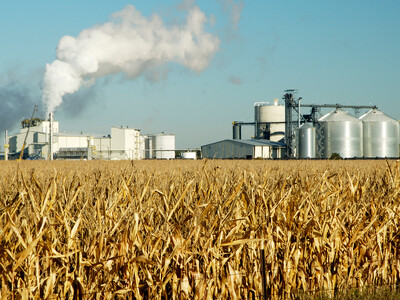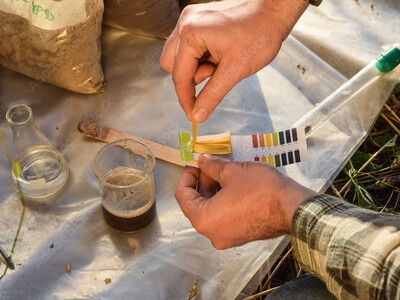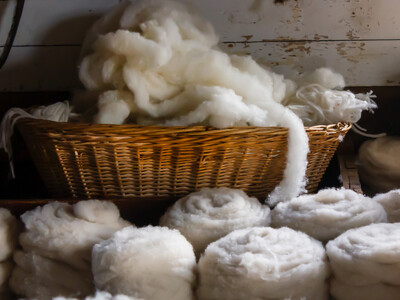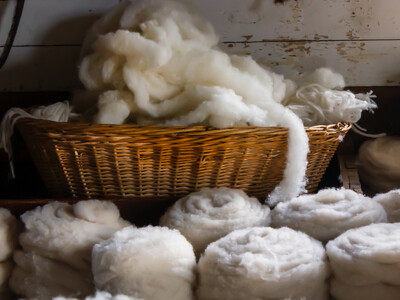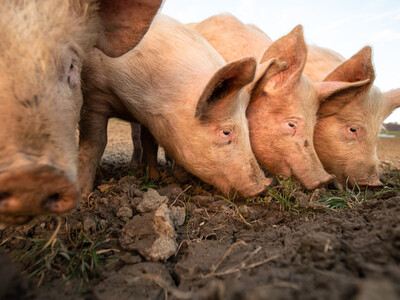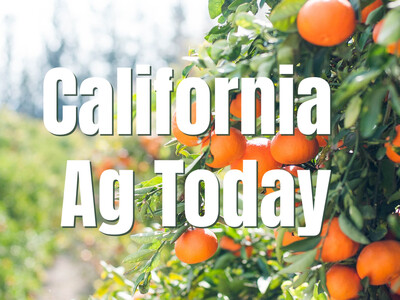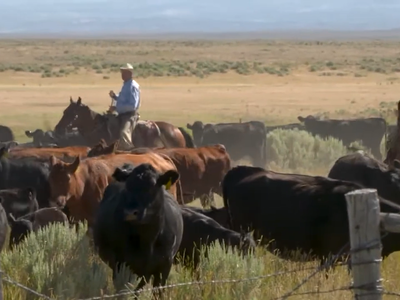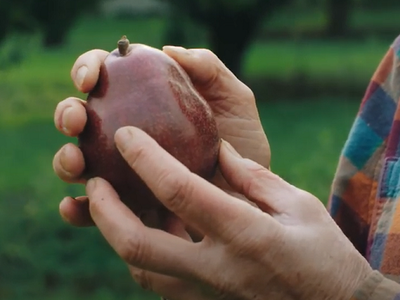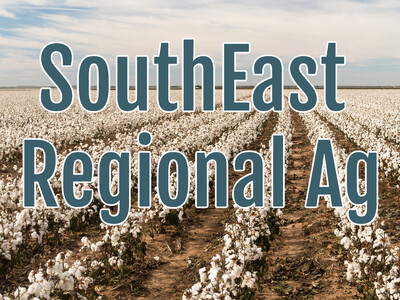Precision sprayer
Precision agriculture is perhaps best known in the row crop realm, yet as Iowa State University Extension's Mark Gleason explains, there is need for such technology in the area of specialty crops as well. “They have more in the way of disease and insect problems, and the value of those crops per acre is higher. So they demand more spraying than, let's say, corn and soybeans do.” And part of the issue regarding specialty crop precision AG has been the slow adoption of such technology by producers. This is Ohio State University Extension's Melanie Ivy. “Traditionally, they've worked with these airblast sprayers where you get these huge plumes of pesticide that you can visibly see.” However, a new product introduced into the market last year appears to address issues connected to specialty crops and chemical application in a precise manner. USDA research engineer Heping Zhu is the developer of what is dubbed as an intelligent pesticide sprayer system. “We use at high speed laser skanning sensor to measure plant size, shape and leaf density, and then use computer to make decisions on how much spray outputs are needed and then control each individual nozel on the sprayer to apply chemicals to the locations where they need to go. In this way only the target the plants are sprayed.” The Sprayer is a collaboration of the Agricultural Research Service and several land grant universities nationwide.And Mark Gleason believes precision ag tech, like the intelligent sprayer, will advance in the coming years, perhaps to an autonomous version. The pesticide spraying will be fully automated and perhaps in 10 years, growers will have a lot less contact or a lot less exposure to pesticides and that will just improve health as well.




